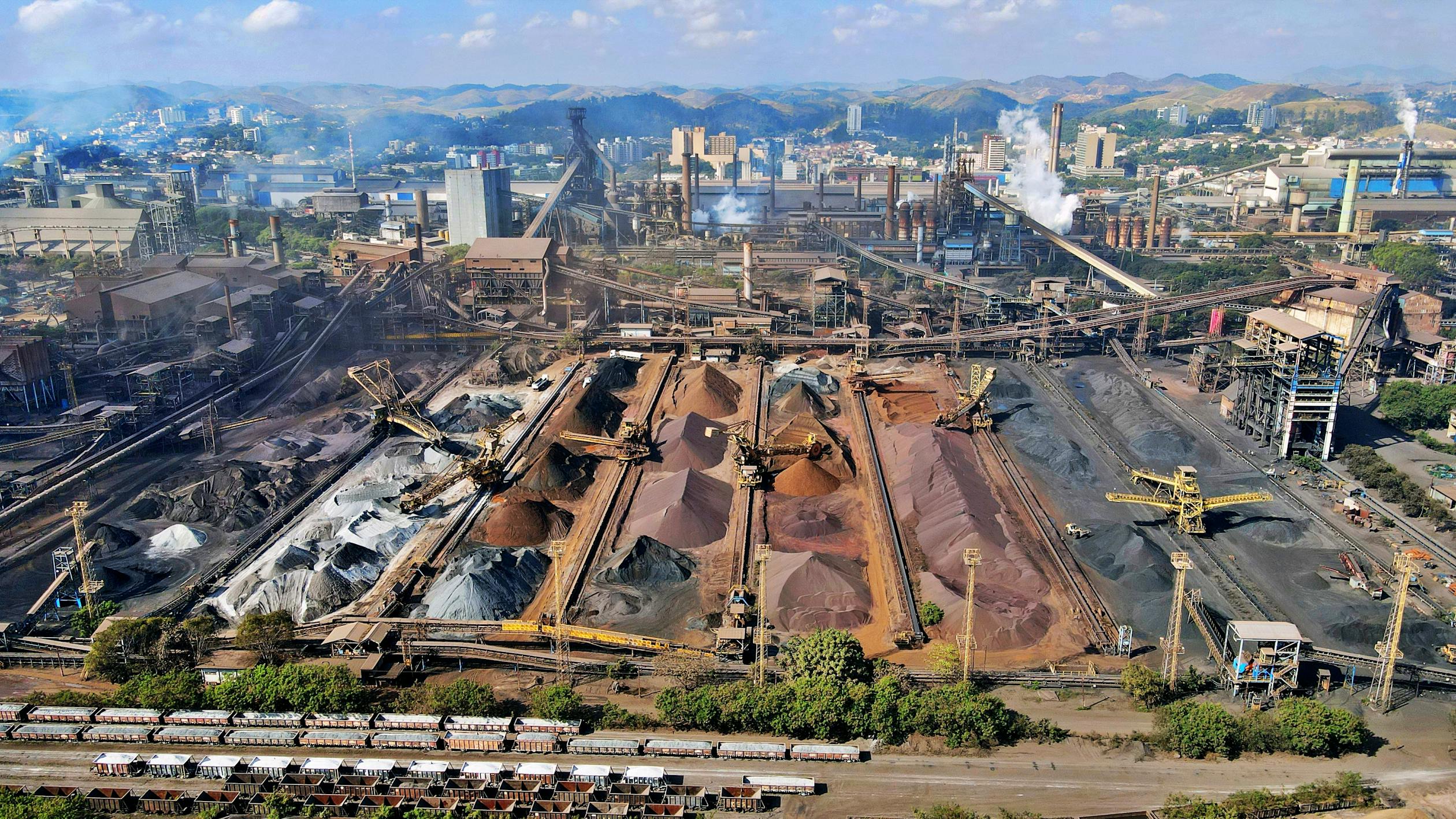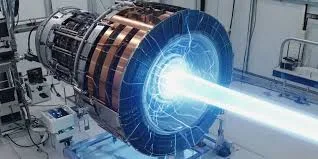
Why the Mining Industry Needs More Safety Procedures
The mining industry is inherently dangerous, with numerous hazards including:
- Cave-ins: These can occur due to unstable rock formations or improper mining practices.
- Explosions: Methane gas and other flammable substances can lead to explosions, especially in underground mines.
- Toxic gases: Exposure to toxic gases, such as carbon monoxide, can be fatal.
- Heavy machinery accidents: The operation of large mining equipment poses significant risks to workers.
- Chemical exposure: Miners may be exposed to harmful chemicals during the extraction process.
Implementing robust safety procedures is crucial to mitigate these risks and protect the lives of miners. This includes: - Regular inspections: Conducting routine inspections of mining sites to identify potential hazards and address them promptly.
- Proper ventilation: Ensuring adequate ventilation to prevent the buildup of toxic gases and maintain a healthy working environment.
- Emergency response plans: Developing and practicing emergency response plans to handle accidents and disasters effectively.
- Personal protective equipment (PPE): Providing miners with appropriate PPE, such as helmets, safety glasses, and respiratory protection.
- Training and education: Training miners on safety protocols and emergency procedures.
Why More Mining Engineers Are Needed-
Mining engineers play a vital role in ensuring the safe and efficient operation of mining operations. They are responsible for: - Designing and planning mines: Mining engineers develop plans for mining operations, considering factors such as geology, safety, and environmental impact.
- Supervising mining activities: They oversee mining operations to ensure compliance with safety regulations and optimize production.
- Implementing new technologies: Mining engineers research and implement new technologies to improve efficiency, safety, and sustainability.
As the demand for minerals and metals increases, there is a growing need for skilled mining engineers to: - Develop new mining techniques: To extract resources from more challenging geological formations.
- Improve safety standards: By implementing innovative safety measures and technologies.
- Increase productivity: By optimizing mining operations and reducing costs.
- Address environmental concerns: By developing sustainable mining practices that minimize the impact on the environment.
Therefore, investing in mining engineering education and training is essential to meet the industry’s growing needs and ensure a sustainable future for mining.




